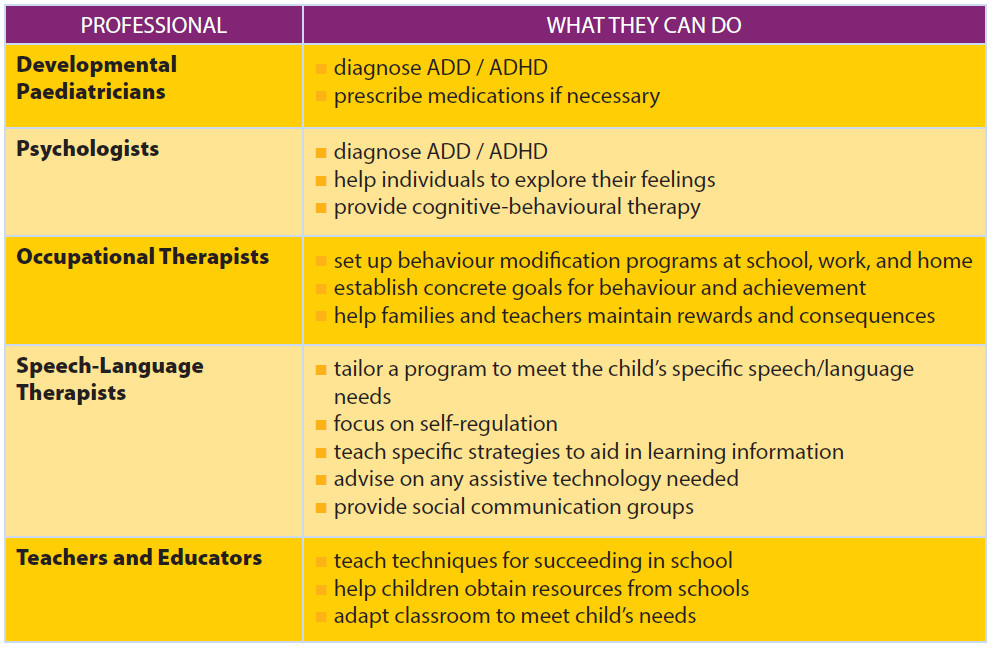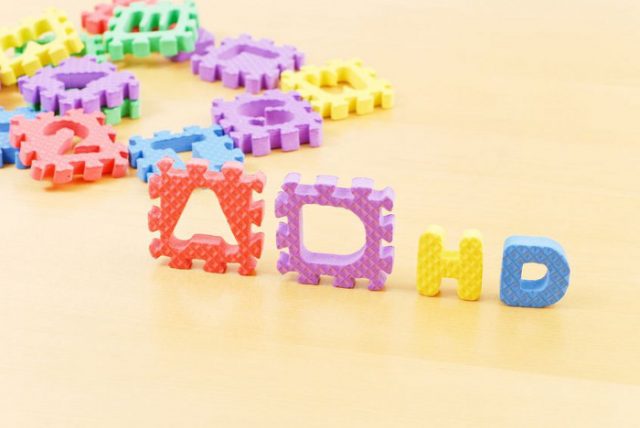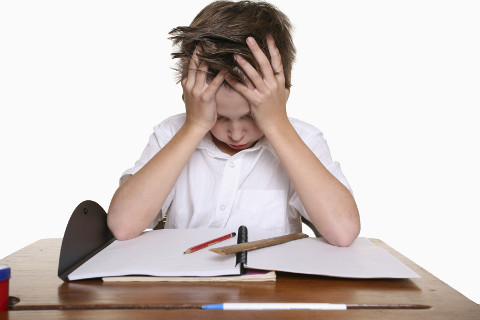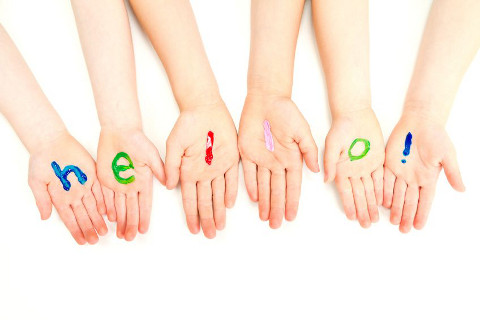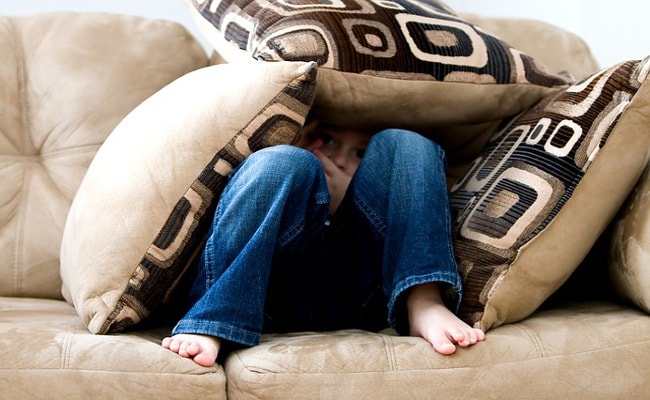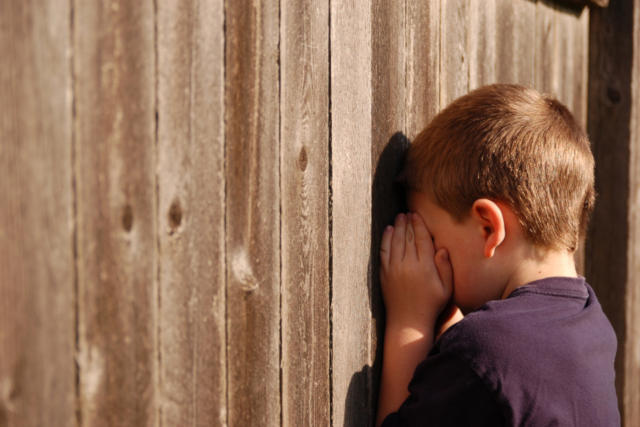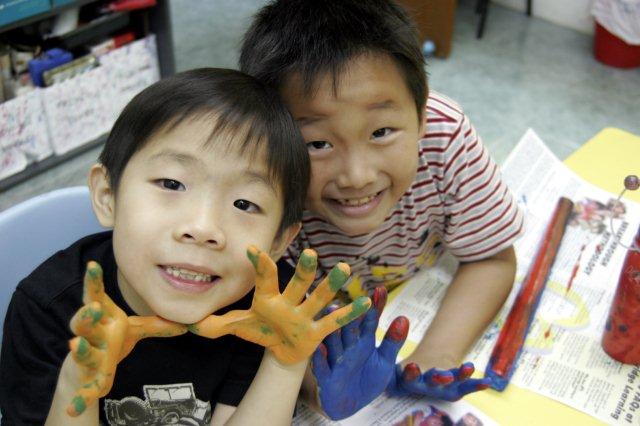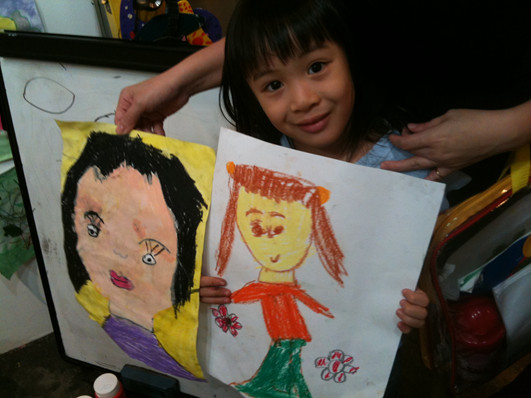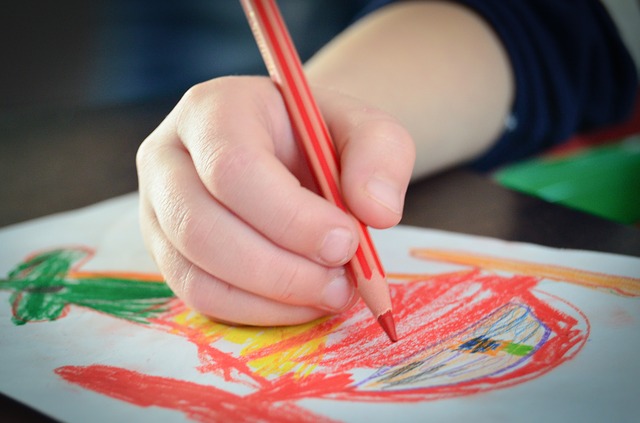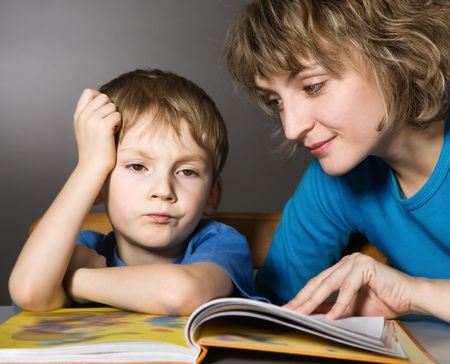Can ADHD be treated? What sort of professional help should parents seek?
There is no “cure” for ADHD but the symptoms can be treated to reduce their effects.
The two most common treatments for ADHD are behaviour modification and/or medication (e.g. Ritalin and Adderall).
What’s next for a child with ADHD?
To date there is no proven way to prevent ADHD, however early identification and intervention can prevent many of the associated problems. Each child is different but below are some strategies which may help your child with ADHD.
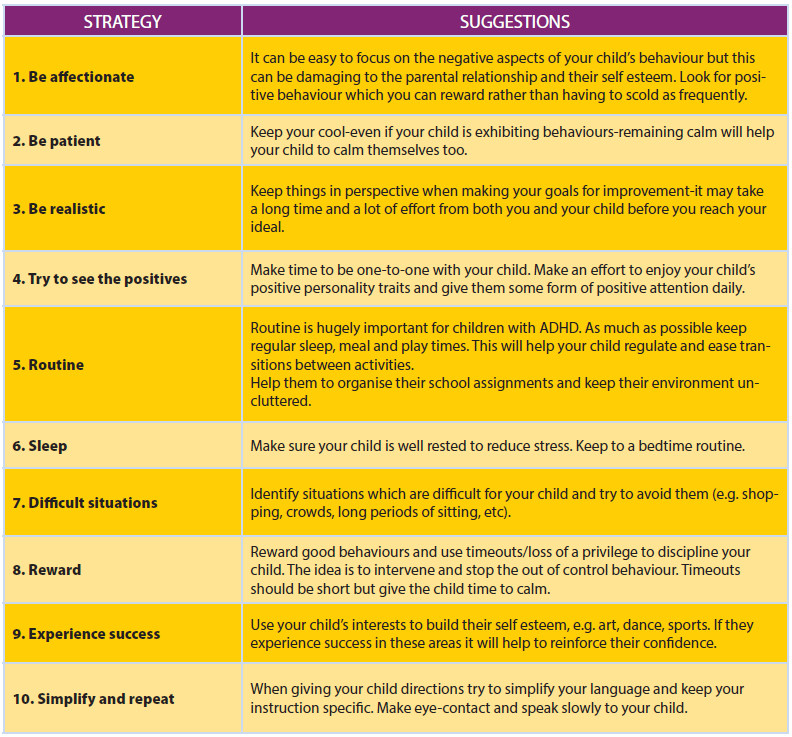
The table has been reproduced below for easy reading:
| STRATEGY | SUGGESTIONS |
| 1. Be affectionate | It can be easy to focus on the negative aspects of your child’s behaviour but this can be damaging to the parental relationship and their self esteem. Look for positive behaviour which you can reward rather than having to scold as frequently. |
| 2. Be patient | Keep your cool – even if your child is exhibiting behaviours – remaining calm will your child to calm themselves too. |
| 3. Be realistic | Keep things in perspective when making your goals for improvement – it may take a long time and a lot of effort from both you and your child before you reach your ideal. |
| 4. Try to see the positives | Make time to be one-to-one with your child. Make an effort to enjoy your child’s positive personality traits and give them some form of positive attention daily. |
| 5. Routine | Routine is hugely important for children with ADHD. As much as possible keep regular sleep, meal and play times. This will help your child regulate and ease transitions between activities. Help them to organise their school assignments and keep their environment uncluttered. |
| 6. Sleep | Make sure your child is well rested to reduce stress. Keep to a bedtime routine. |
| 7. Difficult situations | Identify situations which are difficult for your child and try to avoid them (e.g. shopping, crowds, long periods of sitting, etc). |
| 8. Reward | Reward good behaviours and use timeouts/loss of a privilege to discipline your child. The idea is to intervene and stop the out of control behaviour. Timeouts should be short but give the child time to calm. |
| 9. Experience success | Use your child’s interests to build their esteem, e.g. art, dance, sports. If they experience success in these areas it will help to reinforce their confidence. |
| 10. Simplify and repeat | When giving your child directions try to simplify your language and keep your instruction specific. Make eye-contact and speak slowly to your child. |
There are several professionals who can help in the treatment of ADHD:
The table has been reproduced below for easy reading:
| PROFESSIONAL | WHAT THEY CAN DO |
| Developmental Paediatricians |
|
| Psychologists |
|
| Occupational Therapists |
|
| Speech-Language Therapists |
|
| Teachers and Educators |
|
It can be stressful caring for a child with ADHD so remember:
- Structure your child’s life
- Provide positive discipline
- Stay calm and set a good example
- Aim for healthy family relationships
- Give yourself time to rest and relax
Remember, although there is no proven way to prevent ADHD, early identification and treatment can reduce and curb many of the associated issues.
To find out more about Attention-Deficit/Hyperactivity Disorder (ADHD)
By Trudy Olwen Smith, The Children’s Therapy Centre
Trudy graduated from University College Cork (Ireland) in June 2011 and has been working at The Children’s Therapy Centre as a speech and language therapist since January 2012. She works both with children in the centre and with children in Lighthouse school for the deaf and visually impaired.
This article was first published in The New Age Parents online magazine.
If you find this article useful, do click Like and Share at the bottom of the post, thank you.
Like what you see here? Get parenting tips and stories straight to your inbox! Join our mailing list here.
































